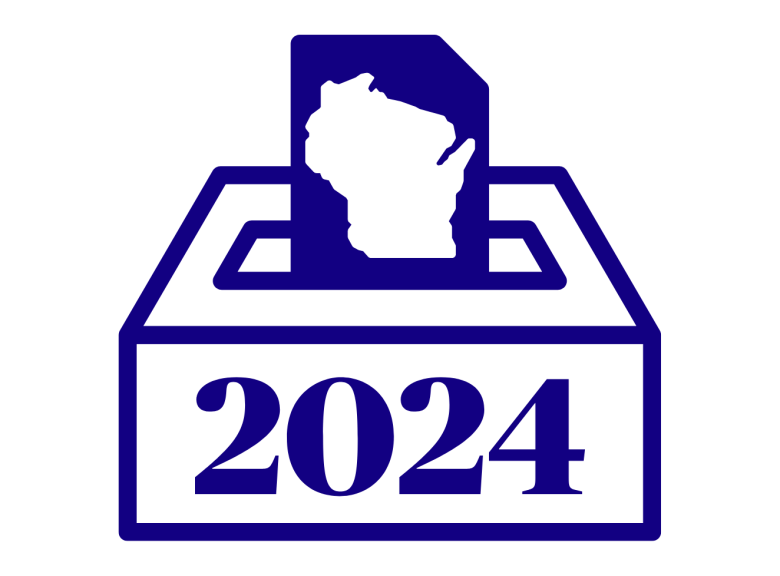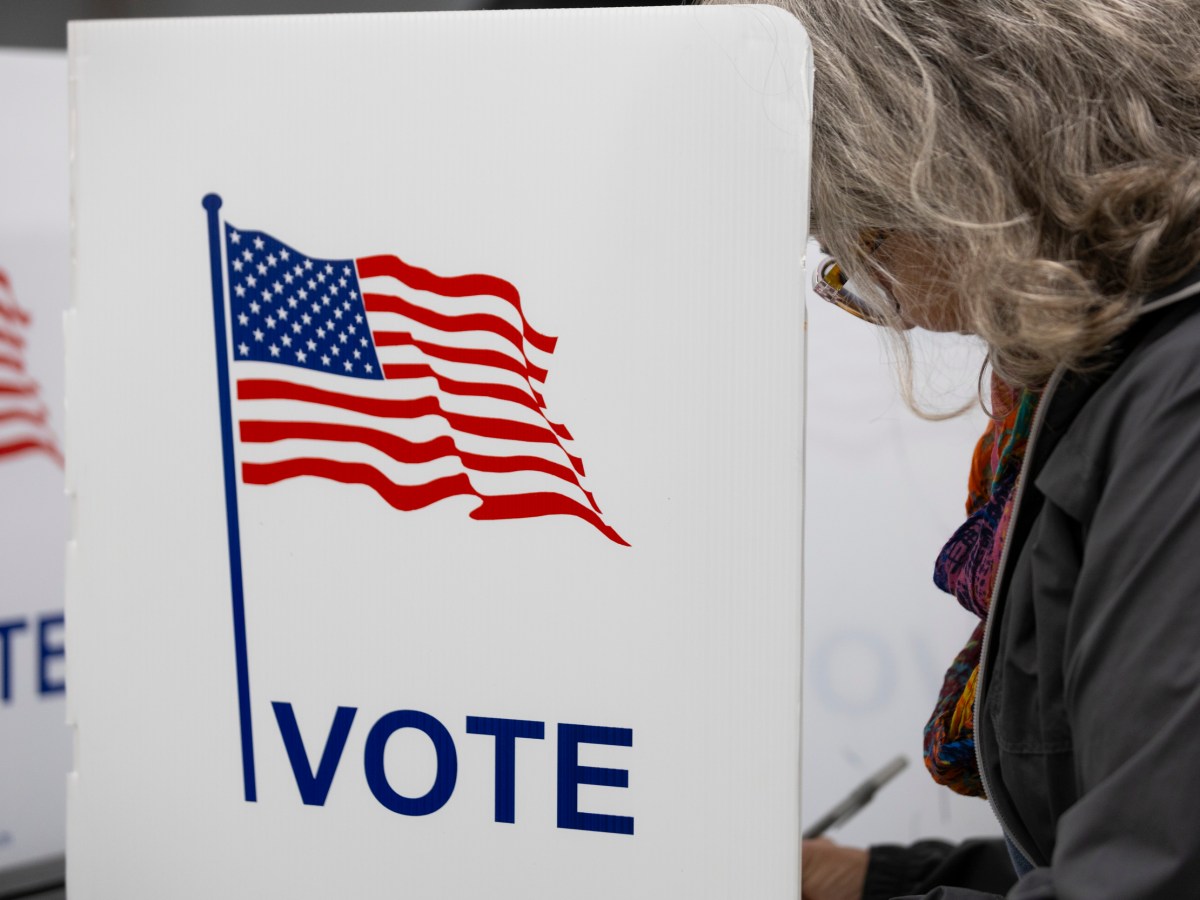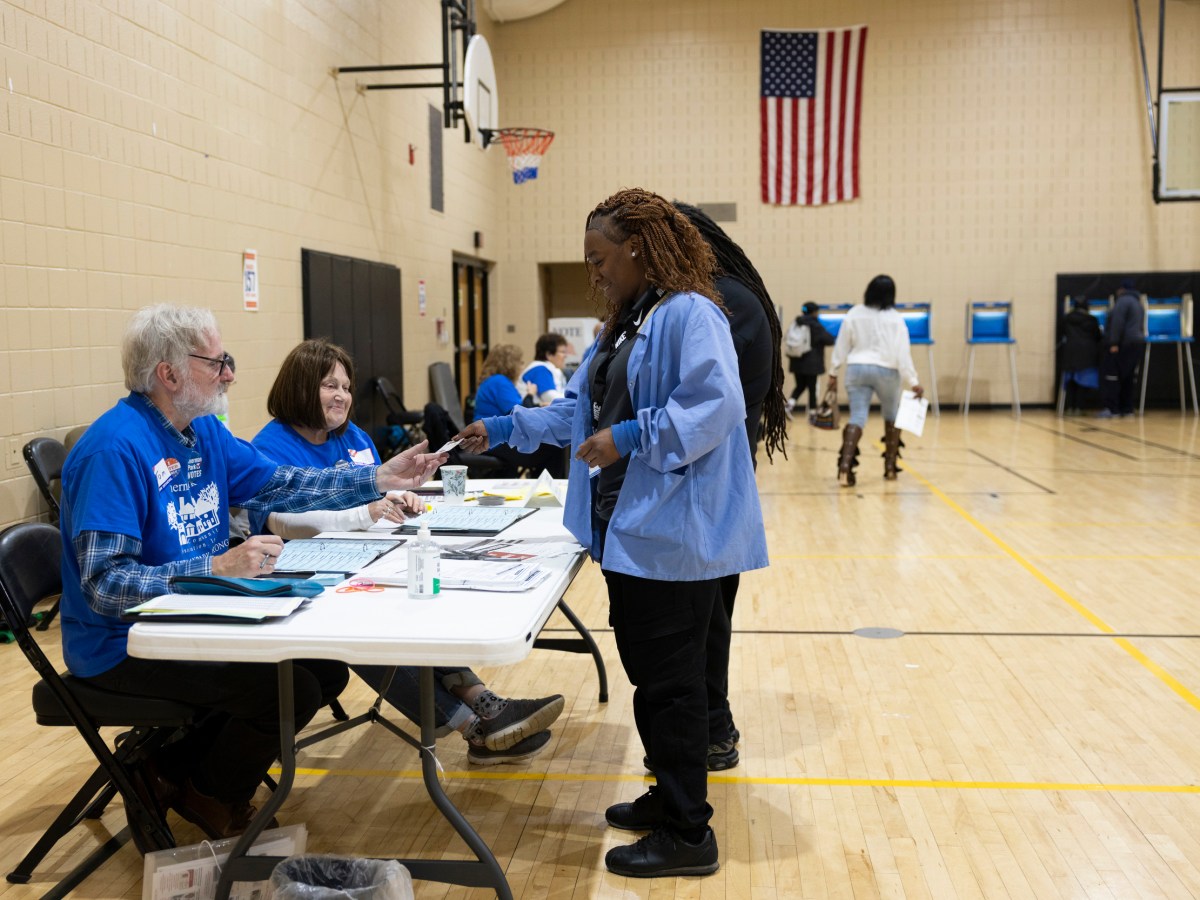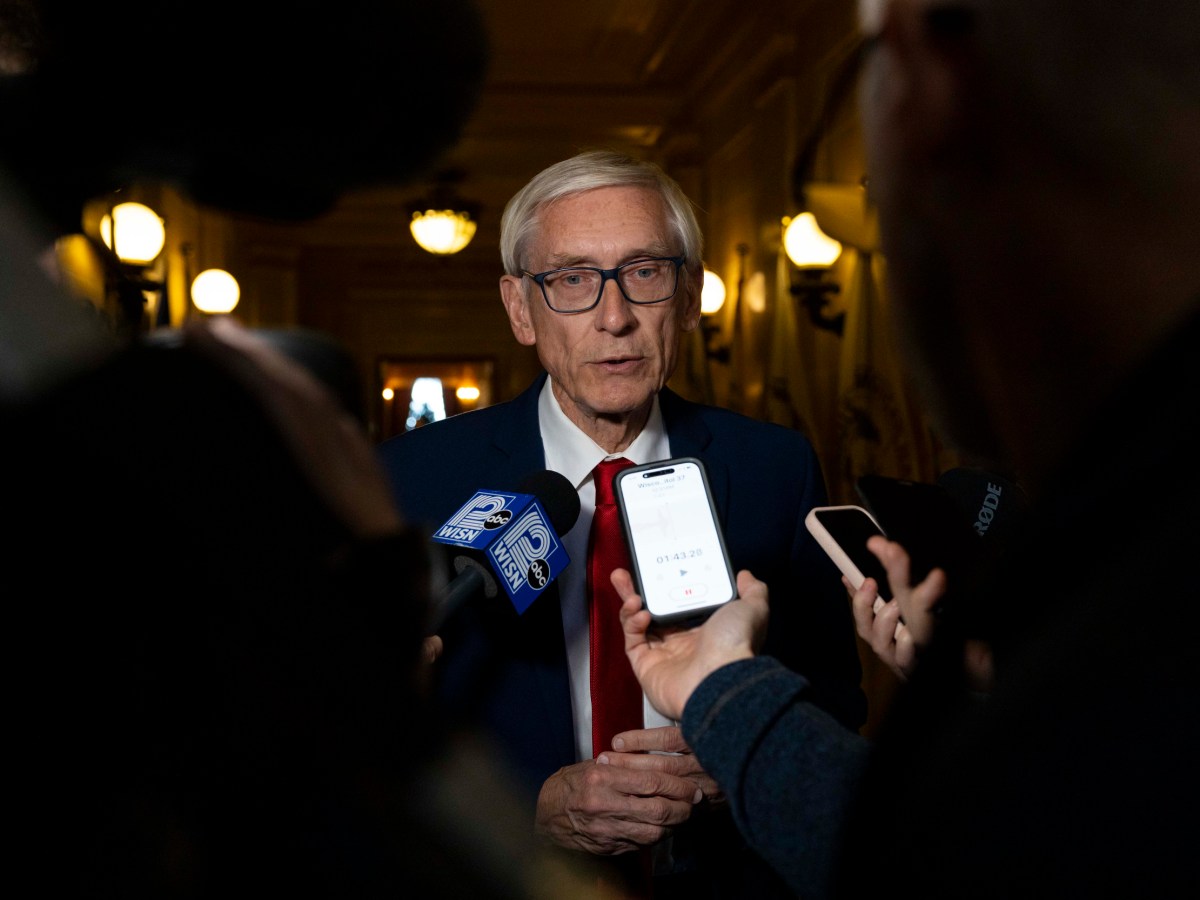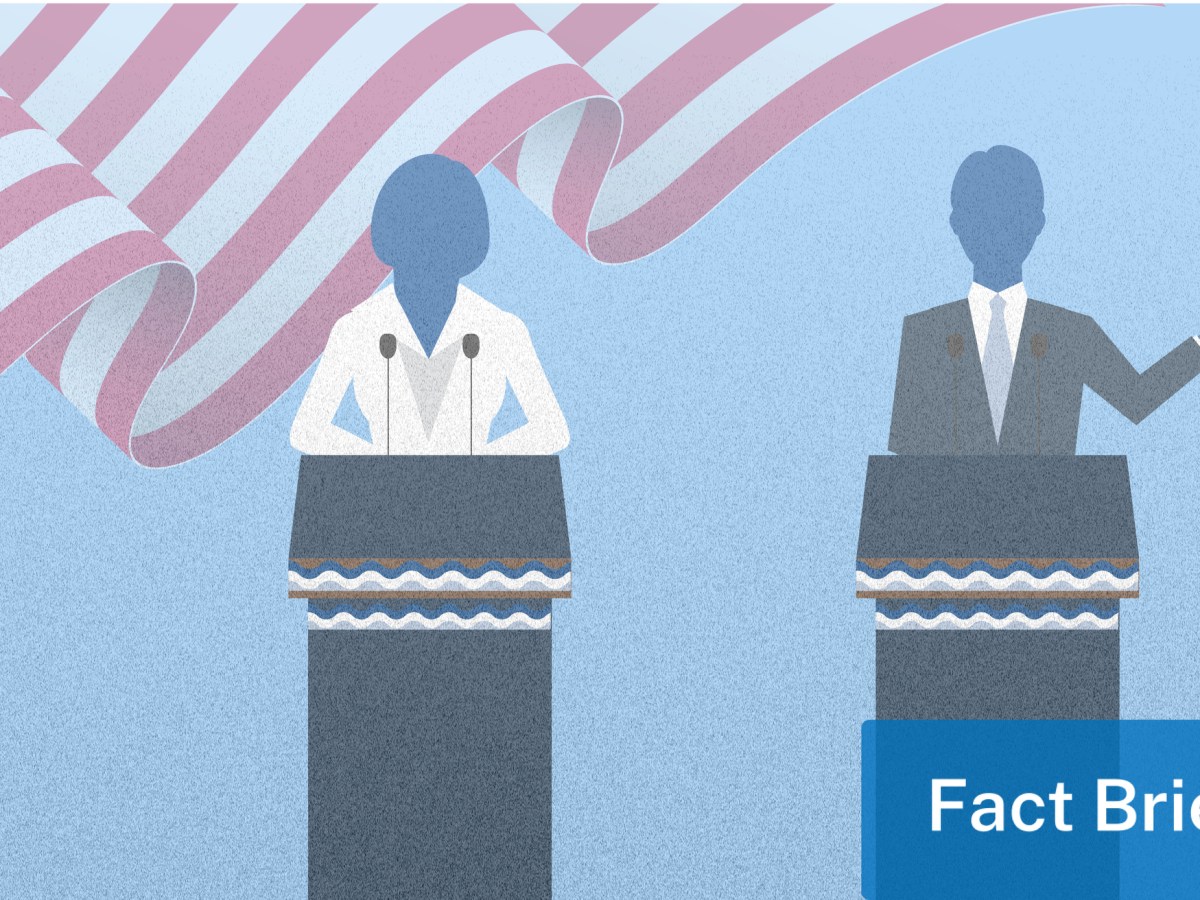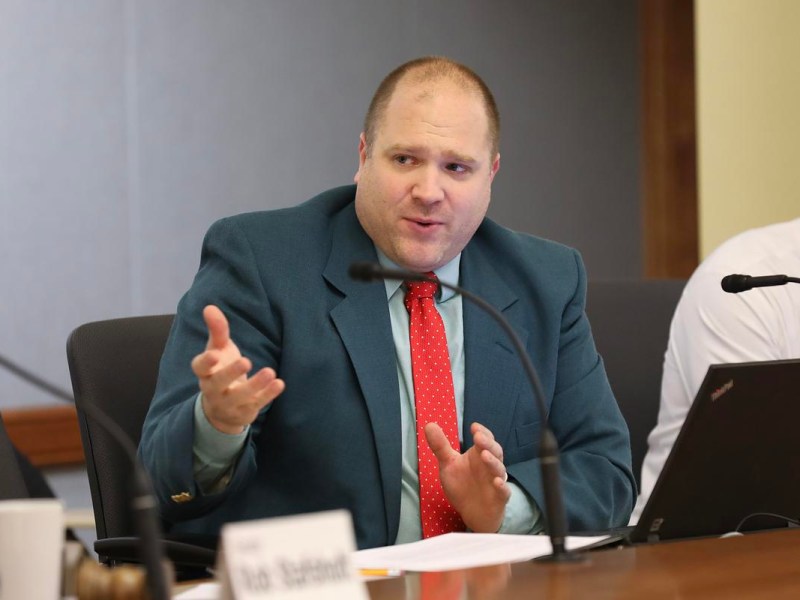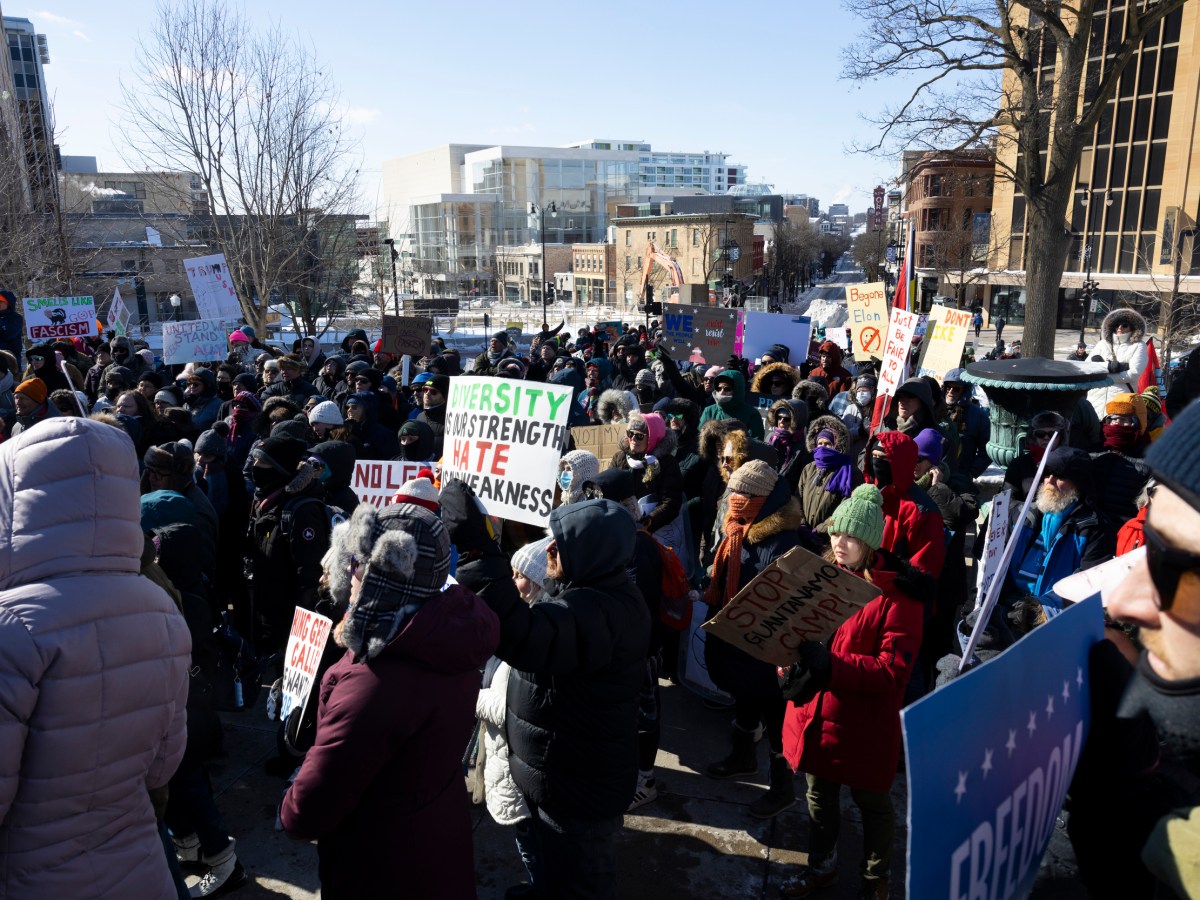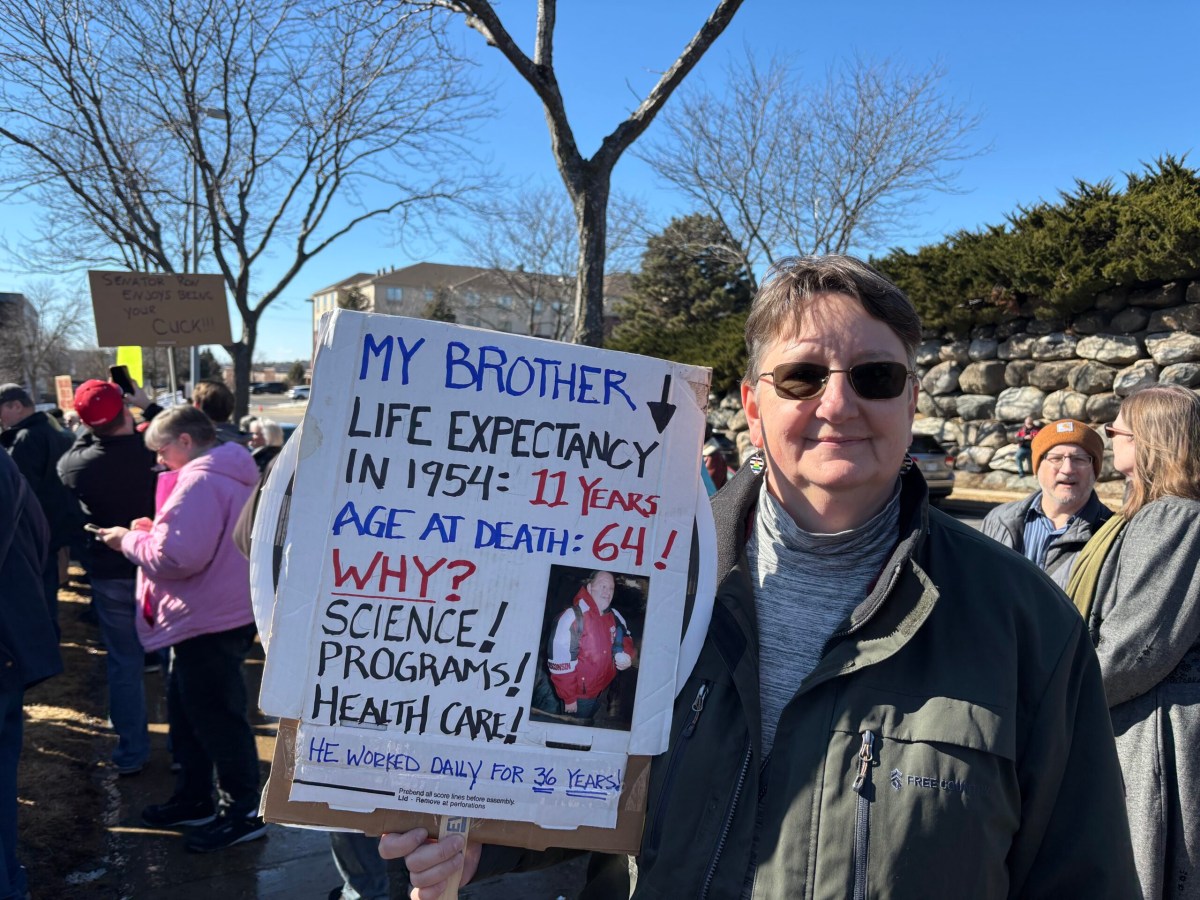U.S. Senate | U.S. House | State Senate | Assembly | Constitutional amendments | President
A proposal on November’s ballot to ban voting by noncitizens across Wisconsin would have little practical effect on who can vote under existing laws. But it would shut the door on an option that some advocates of wider voting access want to retain: letting municipalities open their local elections to noncitizens or younger voters.
In August Wisconsin voters were asked to weigh in on two changes to the state constitution. Voters rejected those changes.
What to know
Current laws already bar anyone who is not a U.S. citizen from voting in elections for federal or statewide Wisconsin offices. But supporters of November’s proposed constitutional amendment have pointed to municipalities in other states that let noncitizens vote in races for city council or school board, for instance. They say the amendment is key to making sure that such a thing doesn’t take hold in Wisconsin.
They also say heading off noncitizen voting at the local level would free local clerks from having to prepare separate ballots for those voters without the federal and state races, which could complicate election administration and lead to more errors.
The proposed amendment is part of a movement by Republicans nationwide to raise concerns about large-scale illegal voting by noncitizens in state and federal elections, even though experts say that’s not happening.
In August voters in Wisconsin rejected two constitutional amendment questions to remove the governor from spending decisions on federal funds. The questions, which received the first approval from the Legislature in 2022 and the second earlier this year, asked:
1) “Delegation of appropriation power. Shall section 35 (1) of article IV of the constitution be created to provide that the legislature may not delegate its sole power to determine how moneys shall be appropriated?”
2) “Allocation of federal moneys. Shall section 35 (2) of article IV of the constitution be created to prohibit the governor from allocating any federal moneys the governor accepts on behalf of the state without the approval of the legislature by joint resolution or as provided by legislative rule?”
Under current law, the governor has authority in certain instances to accept federal funds without participation of the Legislature. Under the amendments, the governor could not allocate federal funds without legislative approval. The Legislature would approve such allocations through joint resolutions or legislative rules that, unlike state statutes, do not require the governor’s approval.
Opponents of the amendments included the League of Women Voters of Wisconsin, Wisconsin Conservation Voters, the Wisconsin Democratic Party and the Wisconsin Democracy Campaign.
They say the amendments risked delaying the expenditure of federal funds issued in an emergency because the governor would have to get legislative approval to spend the money.
Supporters included Wisconsin Manufacturers and Commerce and the Badger Institute, a conservative think tank.
The Badger Institute says the state expenditure of federal funds needs legislative oversight. “Decisions about how and why billions in federal dollars were spent remain largely a mystery,” the institute said about federal COVID-19 relief money.
More coverage about the constitutional amendment questions
Wisconsin’s voter ID ballot question: Here’s what you need to know
A proposed constitutional amendment on Wisconsin’s April ballot would enshrine the state’s existing photo ID requirement for voting, but leave some room for lawmakers to modify it.
Wisconsin Republicans pushing to make voter ID a constitutional requirement
Republicans who control the Wisconsin Legislature are moving quickly to place a measure on the April ballot to enshrine the state’s already strict voter ID requirement into the state constitution.
Wisconsin Gov. Tony Evers’ plan to let voters repeal and create state laws gets GOP resistance
Wisconsin Gov. Tony Evers’ plan to let voters repeal and create state laws without legislative involvement met opposition from Republican leaders of the Legislature, who signaled that the idea is likely to be rejected for a second time.

